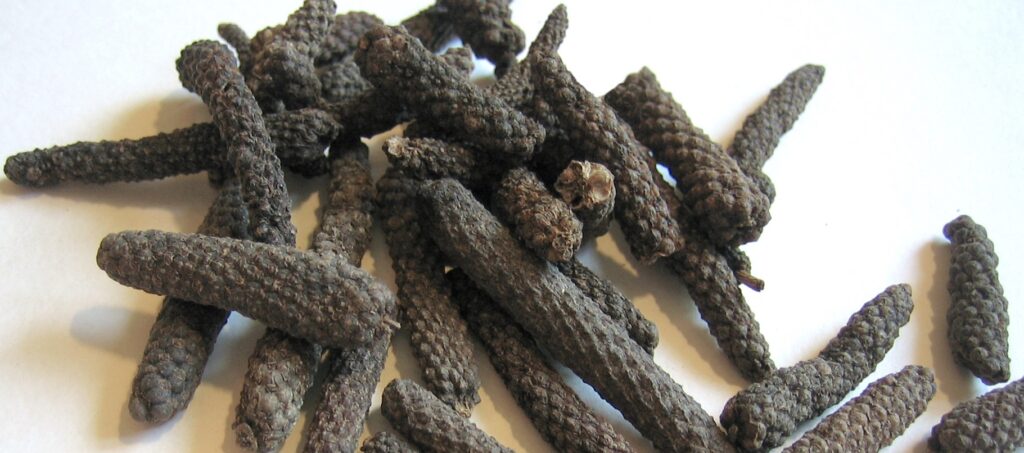Researchers at Ben-Gurion University of the Negev (BGU) are recommending the use of the long pepper plant as a new form of antibiotic, countering the increasing appearance of antibiotic-resistant pathogens.
Working on this issue, Prof. Ariel Kushmaro of BGU’s Department of Biotechnology Engineering focused on the long pepper, alongside local and international colleagues. The plant is a close relative of the black pepper from which we obtain black, green and white pepper.
Together, the researchers created a derivative of the long pepper plant that disrupts the chemical communication between bacteria.
The long pepper is used in traditional medicine to treat a number of illnesses, and, like many other plants, produces organic compounds known as secondary metabolites to provide crucial protection against pathogens.
Scientists have long viewed these compounds as an important potential source for new drugs and therapeutics – just as penicillin was first created from mold.
The researchers examined 16 derivatives of a naturally occurring substance in the long pepper called Piperlongumine (PL), looking for the ability to control bacterial concentrations.
They settled on the PL-18 derivative, which they believe is the most effective in reducing bacterial virulence and disrupting the biofilm (microorganisms whose cells stick to one another and to a surface) that surrounded the sample bacteria.
As such, they recommend the development of PL-18 for use against bacterial infection, antibiotic resistance and the formation of biofilms.
Related posts

Israeli AI Safety Tool Among TIME’S Best Inventions For 2024

TAU Team Discovers Mechanism To Eliminate Cancerous Tumors

Ashdod Port Investing In Startups As Part Of Innovation Strategy




Facebook comments